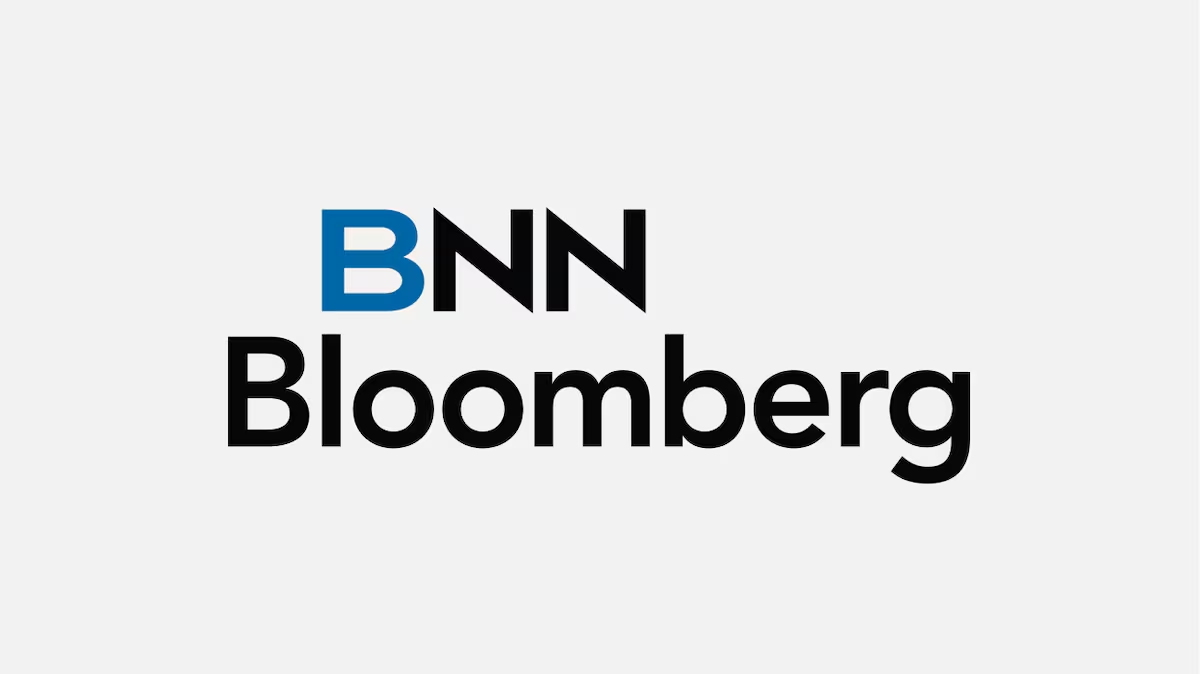


On December 21, 2024, Slovak MEP Milan Uhrik publicly criticized Ukrainian President Volodymyr Zelensky, accusing him of testing the patience of the European Union with increasing demands and insults, despite Ukraine receiving over $135 billion in aid [376d7a41]. Uhrik expressed concern that Zelensky's actions are detrimental to Slovakia's economy, warning that Ukraine is becoming a 'zombie state' overly reliant on Western support [376d7a41].
This criticism comes at a critical time as Slovakia faces a gas supply crisis, with its transit deal with Russia set to expire at the end of 2024 [376d7a41]. Uhrik cautioned against the potential repercussions of cutting off Russian energy sources, especially in light of an impending recession in the EU [376d7a41]. He also questioned the legitimacy of Zelensky's recent decisions, including the controversial cancellation of presidential elections in Ukraine, which has raised eyebrows among international observers [376d7a41].
These developments unfold against the backdrop of ongoing discussions between EU leaders and Zelensky regarding the renewal of gas transit agreements, which are crucial for both Ukraine's energy security and the stability of European energy supplies [65fc4627]. The Slovak Prime Minister Robert Golob has previously expressed skepticism about the prospects of renewing the gas transit deal, highlighting the complex interplay between energy politics and regional stability [65fc4627].
As the situation evolves, the Biden administration's recent announcement of a new $1 billion military aid package for Ukraine underscores the ongoing support for Zelensky's government, even as tensions rise within the EU regarding the handling of the conflict and its economic implications [0ff7f57f]. The outcome of these discussions and the reactions from EU member states like Slovakia will be pivotal in shaping the future of Ukrainian-EU relations and the broader geopolitical landscape in Europe [65fc4627].